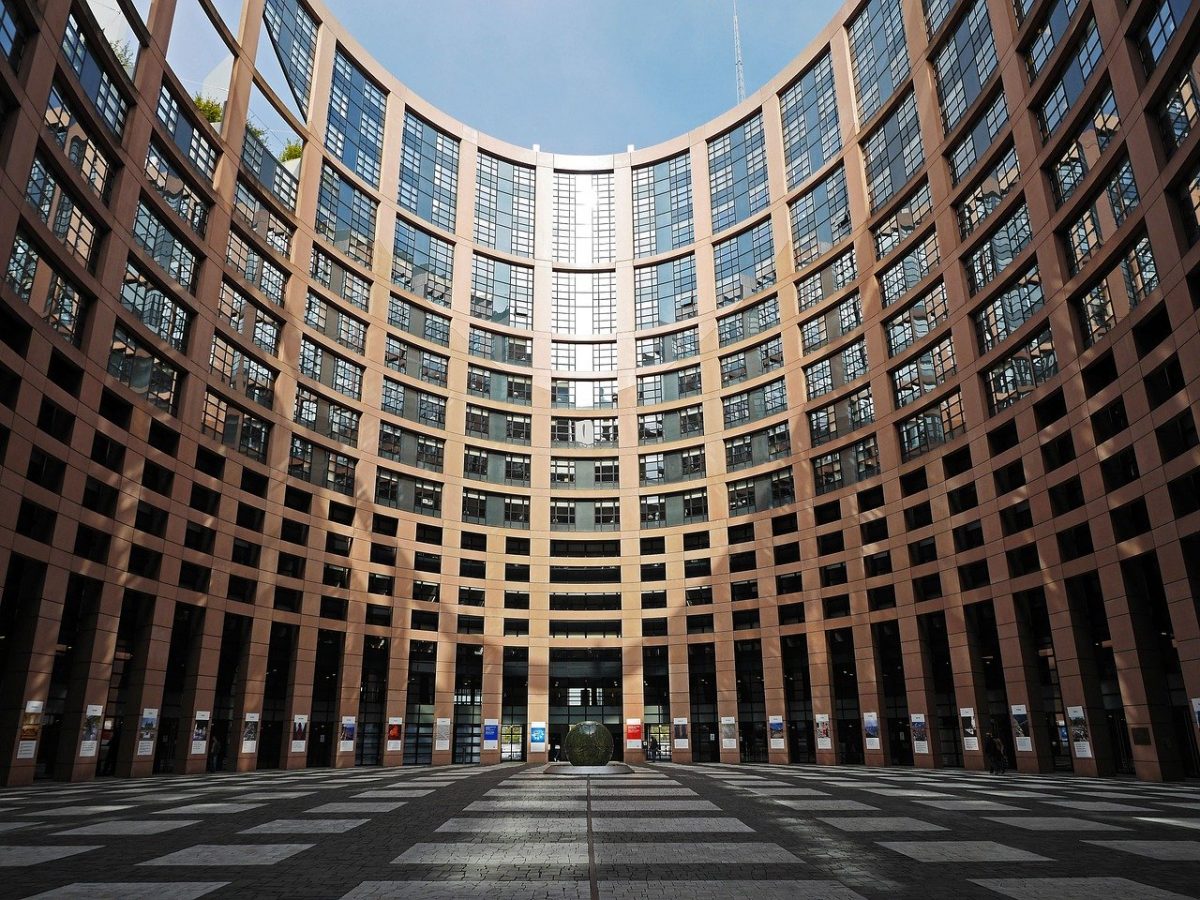On the occasion of the World Cancer Day, ECPC, supported by MEP Elisabetta Gardini, launched a Declaration calling for the implementation of four main pillars of action, in line with the European Cancer Patients’ Bill of Rights.
The document, produced in collaboration with Ms Gardini, represents a brief guideline for the European Parliament, the Commission and Members States to actively curb pan-European issues that European cancer patients face every day.
The Declaration was launched at a press conference in the European Parliament, attended also by Philippe De Backer (ALDE, Belgium), Piernicola Pedicini (EFDD, Italy), and Maria Grapini (S&D, Romania). Aside from the MEPs present, the Declaration has received endorsement from 115 MEPs from all political groups.
Prof De Lorenzo, ECPC President, coordinated the press conference.
Click here to check the full list of endorsers of the 4th February Declaration
Elisabetta Gardini opened the press conference stating that the work of ECPC had given the chance to European cancer patients to have a voice in Brussels and to make the European Parliament understand the several cancer care inequalities which many European cancer patients have to face. Ms Gardini underlined that, through the vast endorsement of the 4th February Declaration, the European Parliament demonstrated a great commitment towards the fight against cancer. Recollecting data from the ECPC event “Europe of Disparities”, Ms Gardini reminded the audience that it is not possible to remain silent when, for instance, 75% of Romanian cancer patients do not have access to the much needed radiotherapies.
Ms Gardini’s plea was reinforced by Philippe De Backer, promoter of the ECPC Policy Action Framework on Immuno-Oncology and strong supporter of innovation in the field of cancer. Mr De Backer stressed on the importance of the Bill of Rights as a unique instrument for cancer patients associations at national and European level to advocate their rights. De Backer did not miss the chance to focus on the role of innovation in cancer care, and quoting Article 2 of the European Cancer Patient Bill of Rights, he commented: “The results of well funded and patient-oriented innovation in cancer care have to reach all the involved patients in time to be effective and efficient”.
Piernicola Pedicini reported his first hand experience on cancer care, drawing from his professional background as radiologist: “Within those institutes that do research – there you will find the best treatment” said Pedicini, who emphasized his contribution on the importance of prevention, through providing timely and accurate information to patients, but also through direct action against well know risks factors (tobacco, alcohol, obesity).
Maria Grapini concluded the press conference with a focus on the actions needed at the level of EU member states. Mrs. Grapini highlighted that national cancer patients’ organisations have to use the Bill of Rights and transform their healthcare systems. She made a call to all Member States to follow the example of the Commission and establish formal tables of discussion between policy makers and patients, in order to ensure that also at national level, the unique and invaluable perspective of cancer patients is taken into consideration by national policymakers.
Prof De Lorenzo wrapped up the discussion, stating that the European Parliament has once more and stronger than ever demonstrated its sensitivity and attention to the needs of cancer patients: “Today everybody knows that the European Parliament is our strongest ally”.

